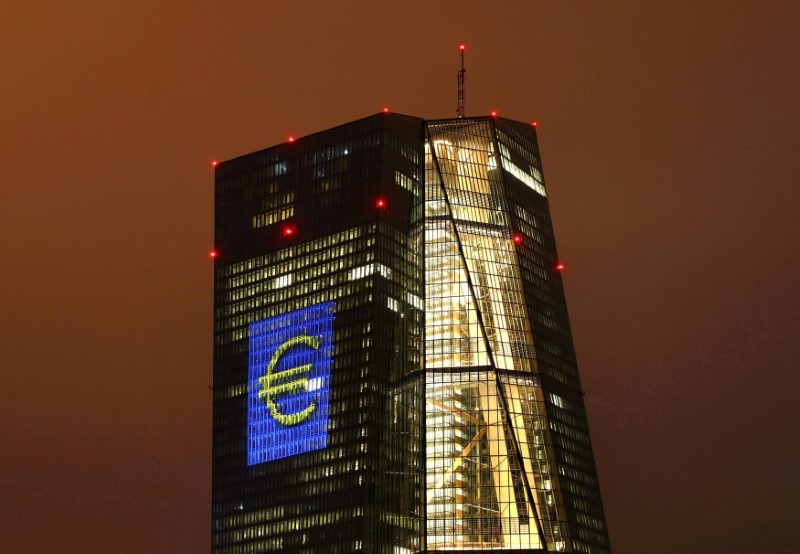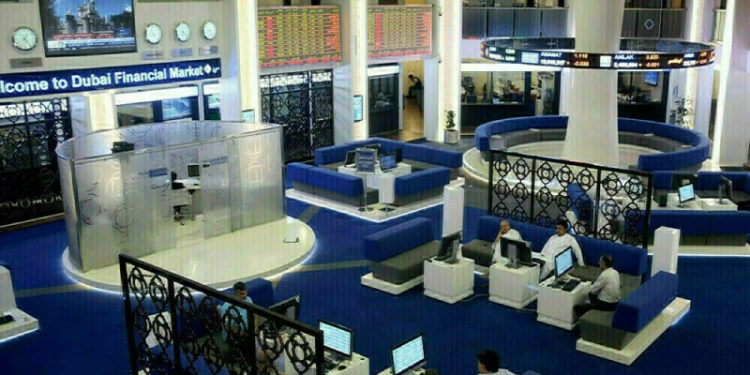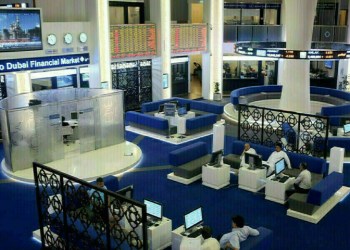 © Reuters. FILE PHOTO: Headquarters of the European Central Bank (ECB) are illuminated with a giant euro sign at the start of the “Luminale, light and building” event in Frankfurt
© Reuters. FILE PHOTO: Headquarters of the European Central Bank (ECB) are illuminated with a giant euro sign at the start of the “Luminale, light and building” event in FrankfurtBy Shrutee Sarkar
BENGALURU (Reuters) – The European Central Bank will say on Oct. 26 it will start trimming its monthly asset purchases to 40 billion euros from 60 billion euros in January, according to a Reuters poll of economists.
They were mostly split on whether the program would last six or nine more months after that.
The bloc’s is enjoying the best growth momentum in a decade, but inflation – currently at 1.5 percent – remains well below the ECB’s target of almost 2 percent and expectations are for it to stay that way at least until 2019.
The central bank has been pressured by some members of the ECB’s Governing Council to signal its intent to wind down and end the quantitative easing program in light of brighter overall economic conditions in the euro zone.
But even more influential is the fact that after more than two years of purchases worth over 2 trillion euros consisting mainly of government bonds, the ECB will soon reach its self-imposed limit on the amount of debt it is allowed to hold from some countries.
That means the central bank, which likely does not want to expand those guidelines, has little choice but to cut back on its purchases and try to manage the message as best as it can.
“October’s meeting is likely to be one of the greatest balancing acts in the ECB’s history. The ECB will have to taper its bond purchases to address the scarcity issue, while at the same time keep policy loose enough to reach the inflation target,” said Peter Vanden Houte, chief euro zone economist at ING.
“It will have to try to avoid the market misinterpreting the announcement as overly hawkish – making tapering a challenging exercise.”
A wider Reuters survey of more than 100 economists taken Oct 11-17 showed most upgrading the growth outlook compared with previous polls. But euro zone growth is set to slow next year, and inflation forecasts were left unchanged at best or lowered.
All 45 economists who answered an extra question in the latest poll said the central bank will announce a reduction in purchases at its October meeting.
Expectations for the amount of the January reduction were wide, ranging from a cut of 5 billion euros to one of 40 billion euros. The median was for a cut of 20 billion euros.
HOW LONG?
The economists were split on how long the ECB will prolong the program beyond December when the current one expires and there was no clear view on whether or not it would leave the program open-ended.
Fourteen of 32 who said the program will be prolonged to a fixed date said it will run through to June. Thirteen economists expect it to run for nine months, through to September.
Only five said they expected an announcement for it to be extended through to December next year.
A separate Reuters story showed views at the ECB converging on a nine-month extension based on sources with direct knowledge of a discussion of ECB policymakers.
Respondents in the latest poll also said the central bank will most likely completely shutter its quantitative easing program by the end of next year.
While that is in line with what other major central banks are trying to do – to move away from ultra-easy monetary policy – the ECB is expected to signal continued policy accommodation by keeping interest rates at record lows for longer.
Indeed, a majority of poll participants expect the central bank to wait until 2019 before raising interest rates from record lows and only a handful of economists expect that to happen as early as next year.
The euro zone economy is forecast to grow 0.5 percent in the quarter just ended and the current one after 0.6 percent in the second quarter. Average full-year growth was forecast at 2.2 percent for this year from 2.1 percent predicted in September.
Inflation was forecast to average 1.5 percent for this year and 1.4 percent next, unchanged from a poll last month.
Long-term growth forecasts for many major economies within the currency bloc were also revised up in the latest poll.
The German economy, Europe’s largest, is now expected to grow 2.1 percent this year and 1.9 percent next, up from the July poll estimates of 1.8 percent and 1.7 percent respectively.
For France, economists on average forecast growth of 1.7 percent this and next year, up from a previous poll but in line with what President Emmanuel Macron’s government is expecting.
(For other stories from the global long-term economic outlook polls package:)
(Additional reporting and polling by Viviana Venturi in Milan, Thomas Leigh in Paris, Cirsten Pahlke in Berlin, Sarnista Sen and Sujith Pai in Bengaluru; Editing by Ross Finley/Jeremy Gaunt)
Source: Investing.com




























